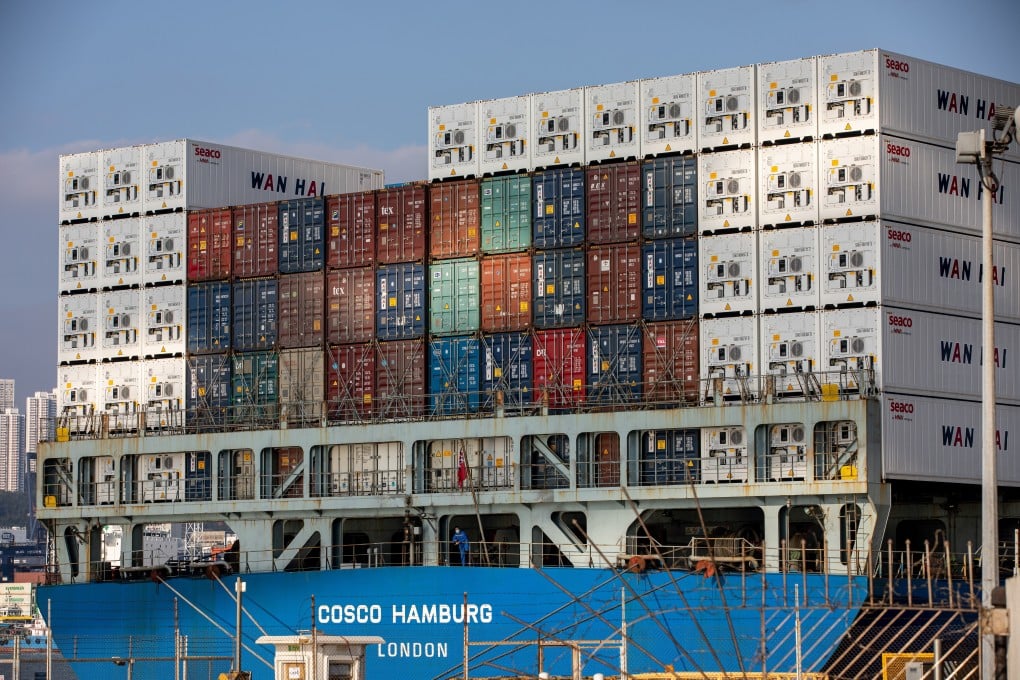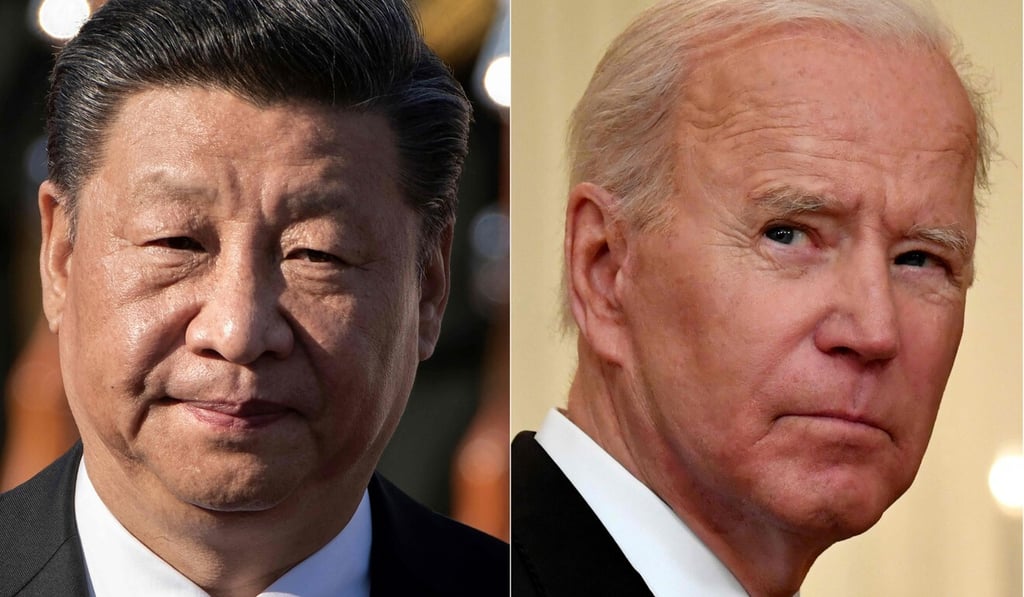Remove trade war tariffs ahead of Joe Biden-Xi Jinping meeting, US business groups urge
- Two dozen American business associations call on the US government to remove tariffs and broaden exemptions
- US-China Business Council-led group says the duties continue to cause economic harm to US businesses, farmers, workers, and families

Two dozen American business associations sent a letter to senior US trade officials on Friday, urging the White House to reduce tariffs on Chinese goods and broaden the scope of import duty exemptions to restore the competitiveness of US businesses.
In the letter, addressed to US trade representative Katherine Tai and Treasury Secretary Janet Yellen, the group urged the administration to remove the tariffs and requested “immediate action to significantly broaden the tariff exclusion process to provide additional relief to Americans”.
“[Tariffs] continue to disproportionately cause economic harm to US businesses, farmers, workers, and families,” said the associations, which were led by the US-China Business Council (USCBC), a non-profit trade organisation representing more than 200 US companies.
The letter, signed by 24 other associations, including the American Association of Exporters and Importers, the US Chamber of Commerce, and the Semiconductor Industry Association, was sent just days before this week’s much-anticipated virtual meeting between US President Joe Biden and Chinese President Xi Jinping.
With specific recommendations, the coalition said it aimed to help the US to focus on its trade policy, which would improve US-China trade relations for the benefit of American workers, farmers, businesses, and families.

The US has tariffs of up to 25 per cent on more than US$300 billion worth of Chinese imported goods. The tariffs have cost American importers more than US$110 billion, of which US$40 billion has been incurred under the Biden administration, according to the letter.